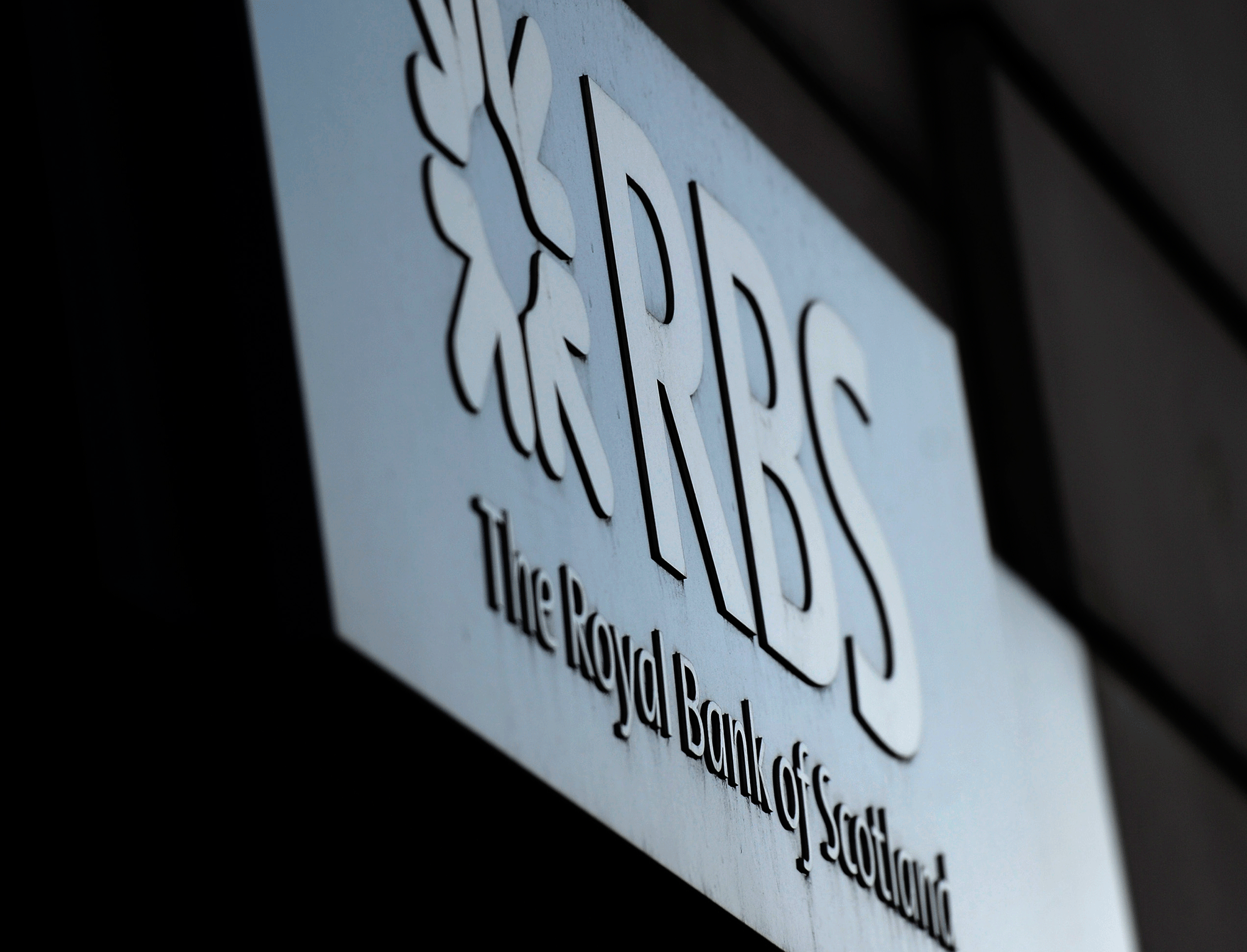RBS: FCA's objections to publishing report into controversial GRG unit are legitimate. But it's still in the wrong
'Skilled Person's' reports are usually kept under wraps, but with the BBC having seen the one on the bank's now closed outfit that dealt with distressed businesses, the genie is out of the box

Might the City watchdog have a point when it says it has no choice but to keep a report into the activities of Royal Bank of Scotland's controversial Global Restructuring Group, which has been accused of tipping struggling business over the edge, under wraps?
In a letter to Nicky Morgan, the chair of the Treasury Committee, who is on the side of former GRG clients in wanting it published, Andrew Bailey, chief executive of the Financial Conduct Authority, sets out a persuasive case.
The document in question is what is known as a "skilled person’s" or section 166 report, which are commissioned when the watchdog wants an expert view of what has been happening at a regulated firm about which there are concerns.
These are inevitably quite technical and filled with sensitive information. That they are written on the basis that they will not be published also gives their authors, and the people they talk to, a good deal more freedom to say what needs to be said than otherwise might be the case.
Mr Bailey is concerned that publication of this report might therefore limit the effectiveness of future reports. If he's right, the effectiveness of an important regulatory tool could be impeded, and there is a clear public interest in preventing that from happening.
That’s the practical point, but he also cites a number of legal hurdles, not least the requirement to secure the consent of those the skilled person talked to. Under Maxwellisation rules, it would further be necessary for anyone mentioned to be given the chance to see and respond to what the report says about them. A simple matter this isn’t, and while Mr Bailey’s letter has understandably angered businesses on the wrong end of GRG’s activities ("shocking and unconscionable" is how the GRG Action Group described his decision) they shouldn’t be dismissed lightly.
Given all that, his promise to publish a summary of the findings might seem to have merit as a possible compromise. Amid mounting frustration over the fact that the regulator has had them in its possession for a year now, it would also achieve the result of getting the conclusions out quickly.
However, as Ms Morgan points out, the problem is that the report is already partially in the public domain. It has been seen, and reported upon, by the BBC. Its reports were then followed up by other media organisations.
“The report is now in the hands of an unknown number of third parties. If closure is ever to be brought to this long-running issue, Parliament and the public need the account ordered by the regulator,” she said.
It doesn't help the watchdog's case that it has established a reputation for dragging its feet with the way it has handled previous reports, those intended for public consumption.
Trust in British institutions has never been lower. The publication of a summary runs the risk of critics claiming it as a whitewash, while raising questions as to what might have been left out, all the more so if the conclusions are bland and there is no smoking gun.
Mr Bailey needs to understand that context.
While his discomfort is understandable, he can and should make clear that RBS is a special case, a one off. As a bailed out, state backed institution in which every taxpayer has a share, it already is that. And he's already partially conceded the case by offering the summary, which is something that has never been done.
Most of these reports are, in fact, commissioned, considered and acted upon without anyone being aware of their existence. Most of the time the public, and the media, only becomes aware that a regulated firm, or an individual, has been investigated when the results (in terms of fines/bans/reprimands) of the FCA's disciplinary findings are revealed. None of that needd change if an exception is made for RBS and GRG.
As for his point about needing permission, there are ways around that. If RBS says no, it represents a very bad look for the bank. If it’s people say no, if there are legal issues surrounding parts of the report, there is the option of redacting names and parts of the text (although that should be kept to a minimum).
Business news: In pictures
Show all 13I understand Mr Bailey’s difficulties with this, and accept that he is acting, as he sees it, with the best of intentions.
But on this issue he is wrong, and eventually he may have to bow to public pressure anyway.
The report is out there. Given the understandably high levels of emotion surrounding this case, and the fact that publishing it officially will inevitably take time, it would be better to set the wheels in motion now as opposed to engaging in a protracted tug of war with Ms Morgan, and others, that will inevitably damage the regulator’s credibility. And Mr Bailey’s.
Subscribe to Independent Premium to bookmark this article
Want to bookmark your favourite articles and stories to read or reference later? Start your Independent Premium subscription today.

Join our commenting forum
Join thought-provoking conversations, follow other Independent readers and see their replies